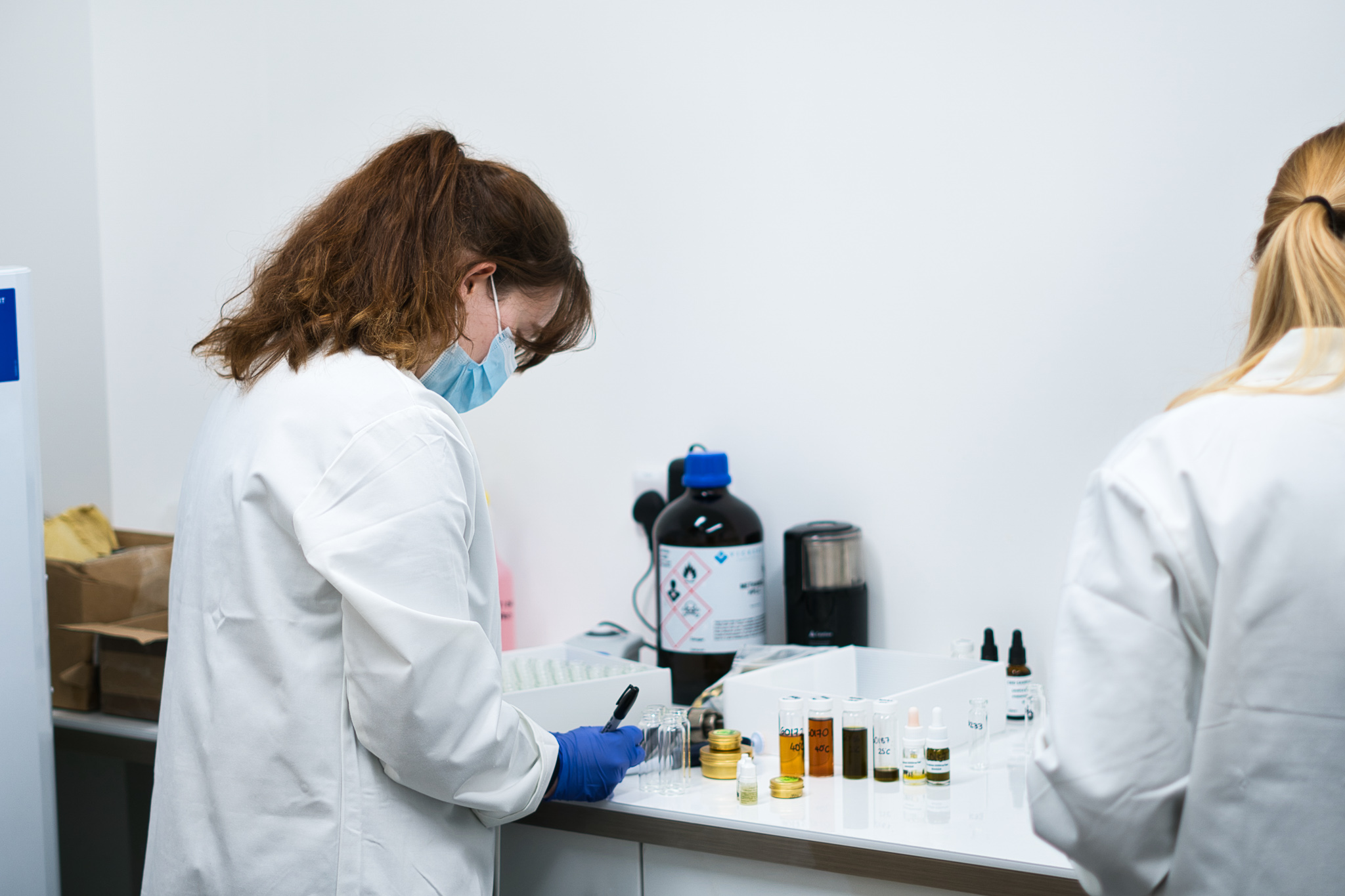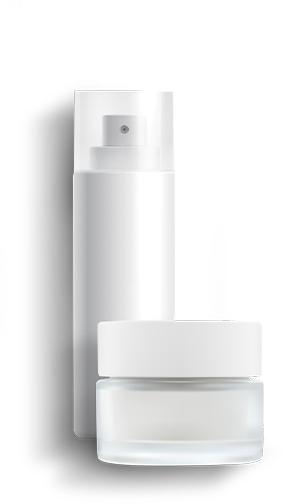MoCRA, which was signed into law on December 29, 2022, signifies a significant revision of the current regulatory framework for cosmetics established by the Food and Drug Administration (FDA). It introduces new provisions for cosmetic products within Chapter VI of the Federal Food, Drug, and Cosmetic Act (FDCA).
The amendments to the FD&C Act will come into effect one year after the enactment of MoCRA, specifically on December 29, 2023. If you have not taken any measures yet, it is essential to begin assessing the implications for your business promptly.
To address these changes and ensure compliance, we encourage you to reach out to the ADSL compliance team at +44 (0) 1803 520 048 or click on the “get started” link provided at the conclusion of this article.
Key definitions used in MoCRA legislation
Responsible Person – means the manufacturer, packer, or distributor of a cosmetic product whose name appears on the label of such cosmetic product in accordance with section 609(a) of the FD&C Act or section 4(a) of the Fair Packaging and Labeling Act. In terms of MoCRA, the “responsible person” will be responsible for the cosmetic product listing, adverse events, safety substantiation, labeling, and fragrance allergen disclosures and records.
Facility – term includes any establishment (including an establishment of an importer) that manufactures or processes cosmetic products distributed in the United States. A facility will be responsible for facility registration and GMP compliance issued by FDA. There are exclusions and exemptions to some facilities that need registration.
Key provisions of MoCRA
1. Registration of facility
Owners and operators of facilities that manufacture or process cosmetic products for U.S. distribution must now register with the FDA and renew such registration biennially.
Existing facilities – Registration should take place no later than 1 year after the date of enactment of the Act.
New Facilities – Registration should take place no later 60 days after marketing the product or 60 days after the 1-year deadline mentioned above whichever is later.
With regards to factory registration, companies should note the below requirements:
- existing domestic or foreign facilities manufacturing or processing cosmetics for the US must register with the Food and Drug Administration (FDA) before 29 December 2023.
- domestic or foreign facilities manufacturing or processing cosmetics for the US for the first time after 29 December 2022 have 60 days to register.
- FDA registrations should be renewed every two years.
- Exemptions apply for small businesses.
- For foreign facilities, MOCRA states that the contact for the US agent, and if available, the electronic contact information should be provided at the time of registration. This means that foreign facilities must have a US agent.
- With ADSL now having established laboratory and testing facilities in Nevada this enables service provision to be offered to new and existing clients as ADSL can act as their Responsible Person.
Deadline for compliance 29th December 2023
2. Product listing
Responsible persons” (i.e., manufacturers, packers or distributors of a cosmetic product whose name appears on the label, as set forth under the Fair Packaging and Labeling Act) are required to list with the FDA each cosmetic product, including its ingredients and information about where the cosmetic product is manufactured, and update cosmetic product labels to include contact information through which the responsible person can receive adverse event reports.
Listing shall be done not later than 1 year after the date of enactment of the Modernization of Cosmetics Regulation Act of 2022, or for a cosmetic product that is first marketed after the date of enactment of such Act, within 120 days of marketing such product in interstate commerce.
The responsible person must renew a product listing annually with any updates.
No notification – No market – principals (especially for foreign enterprises)
Deadline for compliance 29th December 2023 – so far, no portal for registration has been introduced yet.
3. Mandatory adverse event reporting
In the event of a serious adverse event associated with a cosmetic product, responsible persons are obligated to submit reports to the authorities no later than 15 days after receiving the report and maintain all records related to serious adverse events for a minimum of six years.
MOCRA introduces broad scope of what constitutes a serious adverse event: Serious adverse events include those that result in or require medical intervention to prevent death, infection, disfigurement, disability and other significant negative effects
NOTE: FDA may request a written list of all ingredients in the product’s fragrances or flavors if it believes an ingredient or combination of ingredients has caused serious adverse events.
4. Safety substantiation
Responsible persons will be required to maintain records supporting “adequate substantiation” that the cosmetic product is safe. Cosmetic products that do not have adequate safety substantiation will be considered adulterated under a newly created adulteration provision within the FDCA.
Coal-Tar Hair Dye. —Subsection (a) shall not apply to coal-tar hair dye that otherwise complies with the requirements of section 601(a). A responsible person for a coal-tar hair dye shall maintain records related to the safety of such product.
Note: Domestic RP will be responsible for maintaining the records and ensuring there is adequate substantiation of the safety of each cosmetic product
5. Labeling
MOCRA introduces mandatory obligation of
- RP address labeling on the product, it must be domestic address with domestic telephone number (or electrical contact)
- Introduction of mandatory labeling of allergens on the product (see point 6 for details)
- Cosmetic for professional use – labels must indicate a clear and prominent statement that the product is administered or used only by licensed professionals and is in conformity with the existing cosmetic labeling requirements.
Possible deadline for compliance 2025.
6. GMP
FDA must issue mandatory current good manufacturing practice (GMP) regulations for cosmetics that are consistent with national and international standards. FDA’s current draft guidance for cosmetic GMP leverages elements from ISO 22716 – however the US FDA has also their own GMP.
It has not been made clear that the US won’t introduce a hybrid system.
Note: Products deemed adulterated if not manufactured consistent with GMP requirements.
The regulation has given the authorities 2 years’ time to prepare the draft proposal of GMP systems (2024/2025)
7. Mandatory allergen labeling
MoCRA requires the FDA to determine by regulation fragrance allergens that must be disclosed on a cosmetic’s label. The Secretary shall issue a notice of proposed rulemaking promulgating the regulation implementing this requirement not later than 18 months after the date of enactment of the Modernization of Cosmetics Regulation Act of 2022
It is not clear whether the EU allergens will be mandatory to be labelled, or US will introduce their own list of allergenic substances based on domestic regulations (California Fragrance and Flavour Right to Know List)
Expected deadline for compliance 2025.
8. Mandatory recall
MoCRA grants the FDA the authority to order a mandatory recall of a cosmetic product if it determines that the cosmetic product is likely to cause serious adverse health consequences or death.
9. Talc in Cosmetics
Not later than one year after the date of enactment of this Act, shall promulgate proposed regulations to establish and require standardized testing methods for detecting and identifying asbestos in talc-containing cosmetic products.
10. PFAS
The authority will conduct a survey of use of PFAS in the cosmetics planned, not later than 3 years after enactment.
Let ADSL support you with current and upcoming US compliance updates
Regulatory Assistance
The ADSL compliance team implements thorough and rigorous procedures when evaluating formulations, taking into account not only California Prop 65 and New State Legislation but also the cosmetic regulations of approximately 43 other states.
Safety Assessors
Our team of safety assessors conducts comprehensive reviews to ensure compliance with US regulations. They provide a safety report that verifies compliance and, if necessary, prepare a supplementary statement to confirm adherence to specific state regulations, such as Prop 65, as outlined in the Safe Drinking Water and Toxic Enforcement Act of 1986.
Global INCI Conformity Checks
In addition to offering Cosmetic Product Safety Reports (CPSRs), we provide a comprehensive and resilient Global INCI conformity check. This check includes standard evaluations for Prop 65 and 1.4 Dioxane. Our meticulous process examines all supplier-provided impurity statements, enabling us to calculate the respective levels and determine compliance. We compile all calculations and guidance in a comprehensive report, providing support for either the inclusion or exclusion of state-specific warnings on your product labeling.
Take the next steps
If you would like to know more about the services ADSL provides or speak to our product testing and compliance team please call +44 (0) 1803 520 048 or book a free video consultation with us using the Get Started link below.




